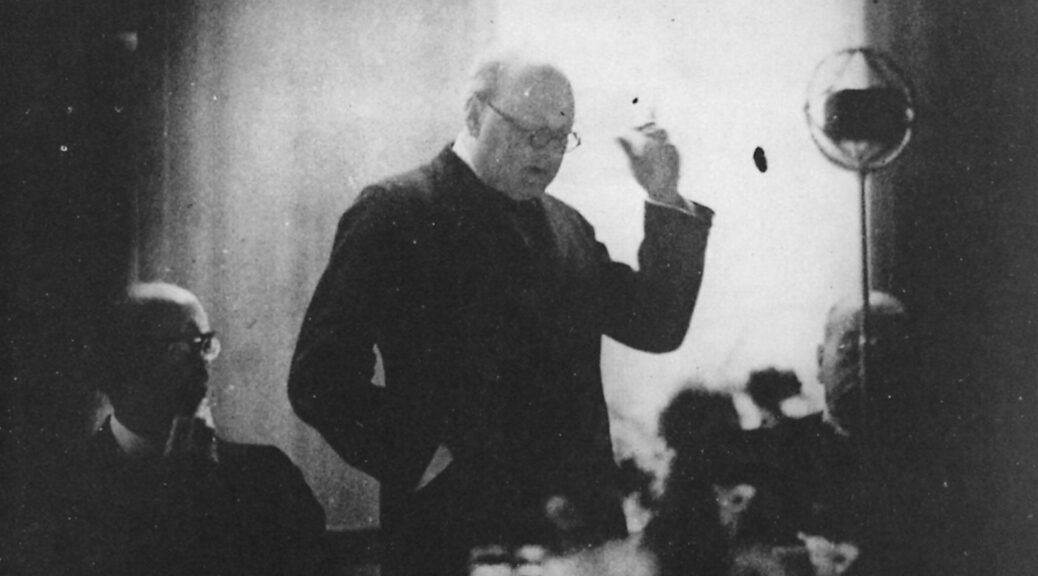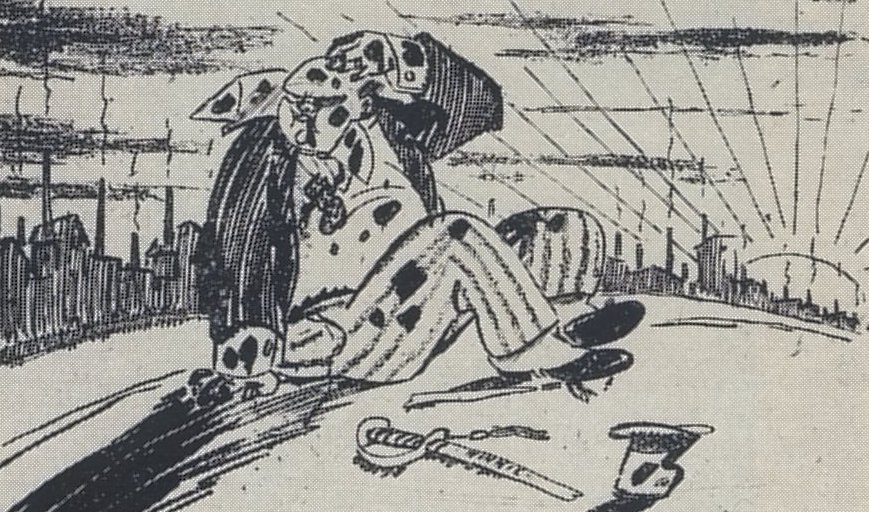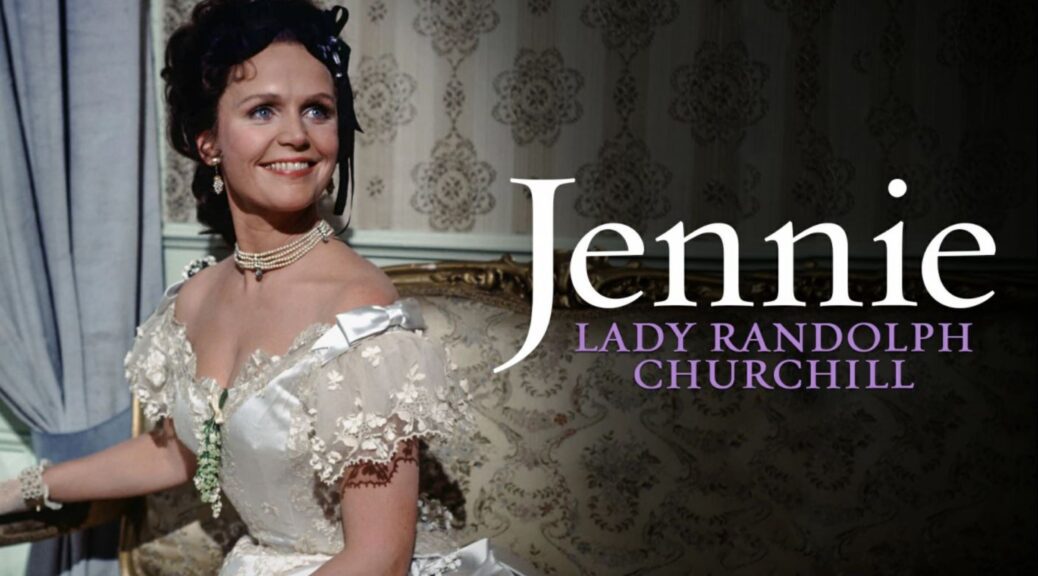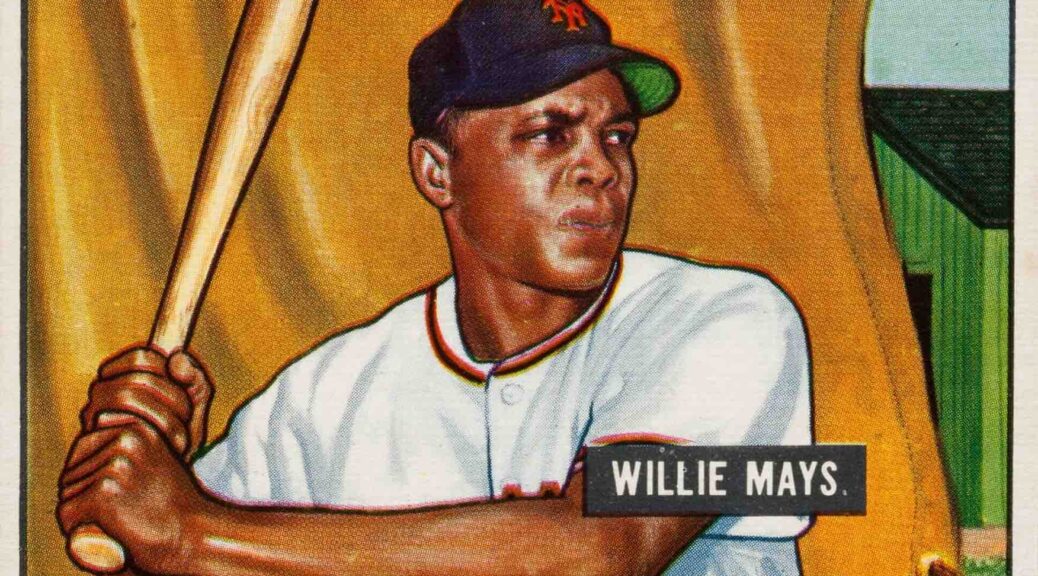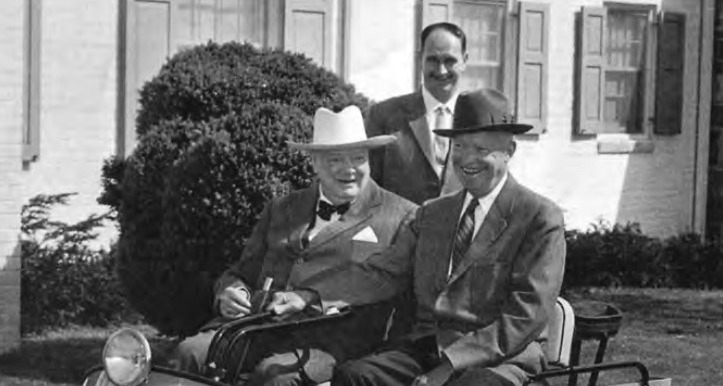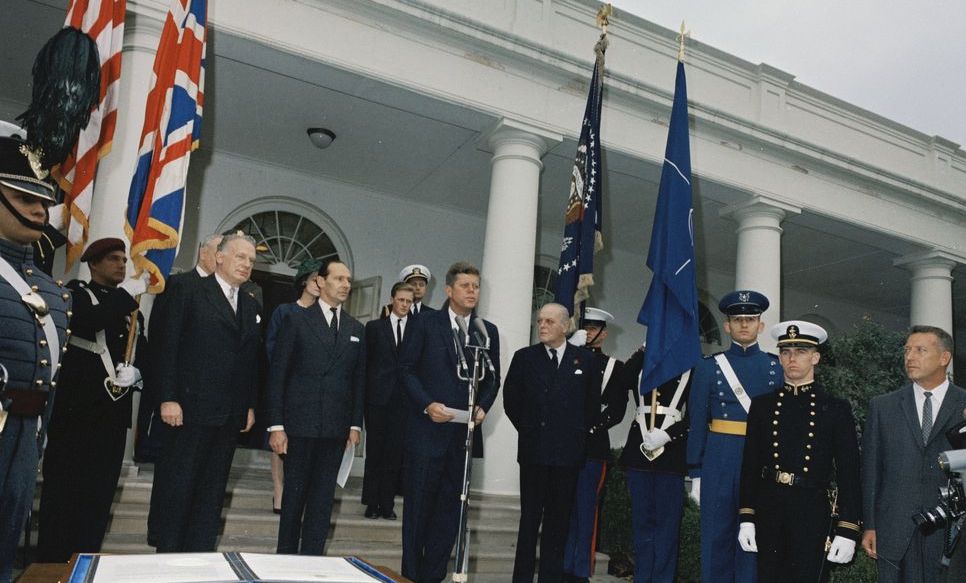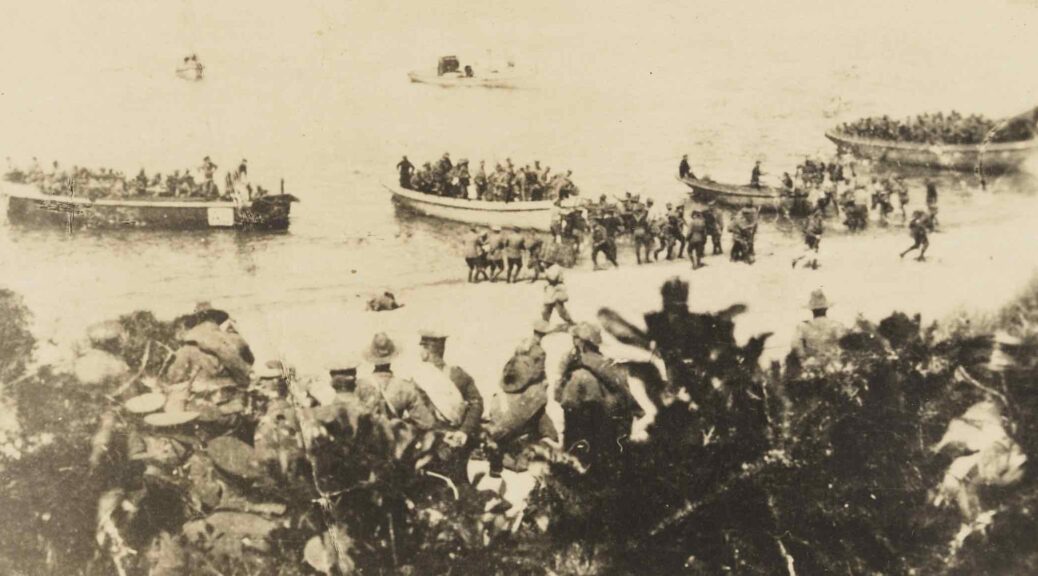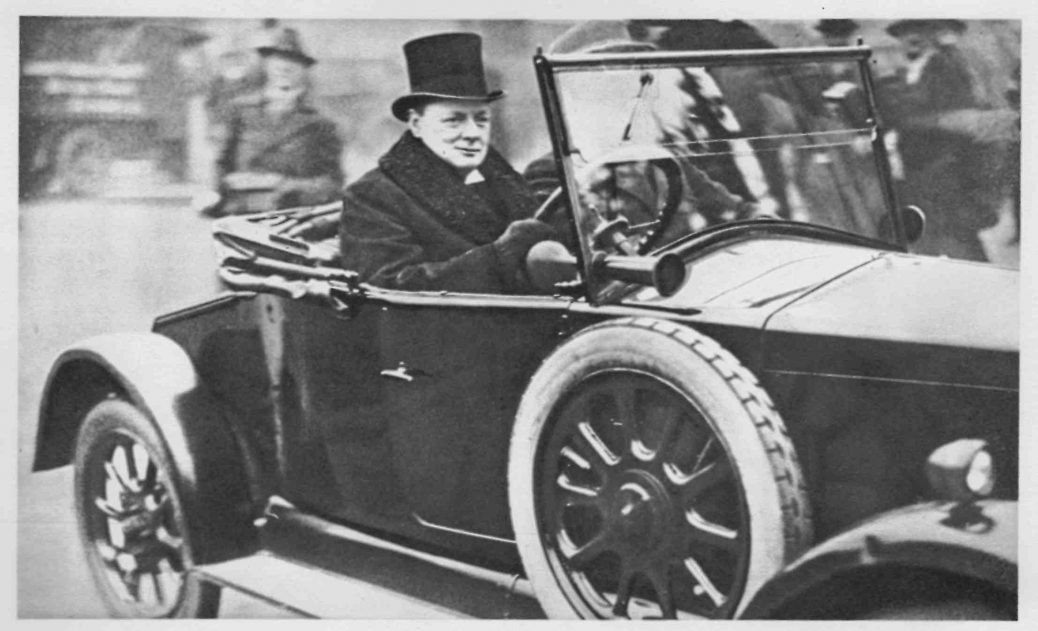
Winston Churchill as Motorist: Always in a Hurry
Habitually late, Churchill would typically “pile into the Humber around 5:30 for a 7:00 speech a hundred miles distant. As his chauffeur swings into the high road, Churchill crouches, with a flask, on the edge of the back seat and urges him to greater speeds. Once, doing 80 on a curve, a rear tyre blew and “a van full of irate constables screeched to a halt alongside. They had been trying to catch the runaway for miles.” Realizing who it was, they helped fix the tyre. “Churchill made no sign of apology but cried, ‘Drive off!’ The constables saluted humbly.”
